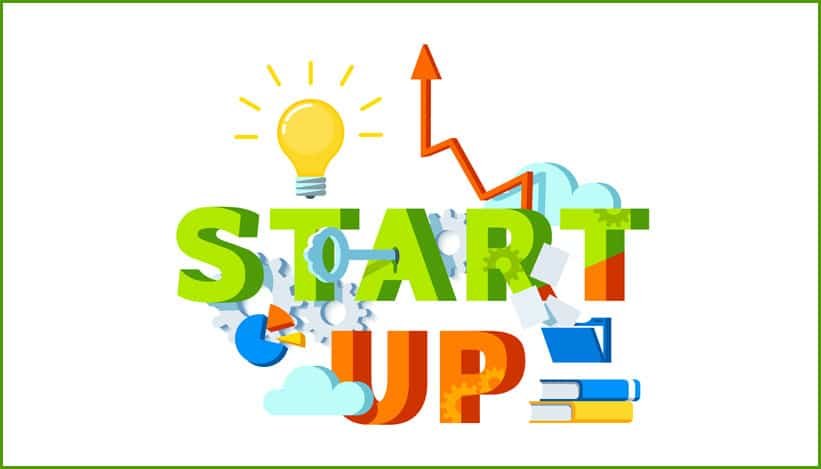Water is one of the most essential resources for life, agriculture, industry, and ecosystems. The field of Water Resources Engineering is dedicated to the planning, development, and management of water systems to ensure their sustainable use. As a specialized branch of civil and environmental engineering, this course equips students with the knowledge and skills required to design and manage water-related infrastructure.
Download Link
Water-Resources-Engineering-Exam-Past-Paper-Mpya-news
The course begins with the study of hydrology, which deals with the movement, distribution, and quality of water on Earth. Students learn how rainfall, runoff, infiltration, and evaporation affect water availability. This knowledge is essential in predicting floods, managing droughts, and planning water supply systems.
Another key area is hydraulics, where learners explore the flow of water in open channels and closed conduits. This is applied in the design of dams, reservoirs, canals, pipelines, and stormwater drainage systems. Understanding hydraulics helps engineers develop safe and efficient structures that can handle varying water pressures and flow conditions.
Irrigation and drainage engineering is also central to Water Resources Engineering. Students are trained to design irrigation systems that support agriculture, especially in arid and semi-arid regions. Efficient irrigation methods not only improve crop yields but also conserve water. On the other hand, drainage systems help prevent waterlogging and soil degradation.
The course also addresses flood control and water conservation strategies. With climate change increasing the frequency of extreme weather events, engineers must design structures and policies that minimize flood risks while ensuring sustainable water supply. Techniques such as rainwater harvesting, groundwater recharge, and integrated watershed management are emphasized.
Practical skills are developed through fieldwork, case studies, and laboratory experiments. Students learn to use modern tools such as Geographic Information Systems (GIS), hydrological modeling software, and remote sensing technologies. These tools help engineers analyze water systems more accurately and make informed decisions.
Career opportunities in Water Resources Engineering are vast. Graduates can work with government agencies, water supply companies, irrigation boards, hydropower projects, and environmental consultancies. Job roles may include water resources engineer, hydrologist, irrigation engineer, or project manager. With global demand for sustainable water management increasing, this field continues to be in high demand.
In conclusion, Water Resources Engineering plays a vital role in ensuring that water, the world’s most valuable resource, is used wisely and sustainably. For students passionate about environmental sustainability and infrastructure development, this course offers both challenges and opportunities to make a meaningful impact.

